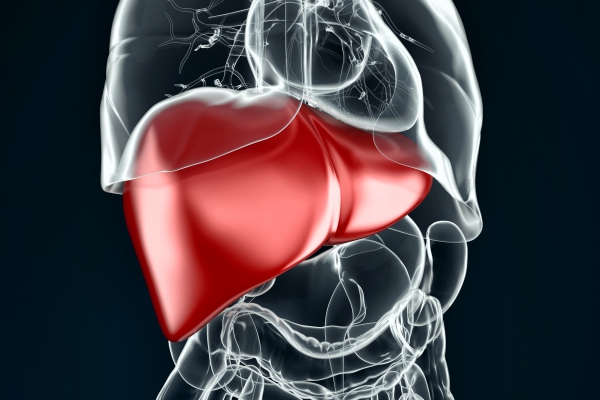Fibromyalgia, Chronic disease, Musculoskeletal disorder, Pain
Description : Fibromyalgia is a chronic musculoskeletal disorder in which you experience widespread pain in your
Article Details :
What is Fibromyalgia?
Fibromyalgia is a chronic musculoskeletal disorder in which you experience widespread pain in your muscles associated with lack of energy, poor sleep, problems with memorising things and mood issues. The pain is present all over your body especially when certain parts are touched. This medical condition most commonly affects women compared to men. It can arise among both children and adults.
There are many other medical conditions that can accompany fibromyalgia such as depression, anxiety, headaches amongst others.
While being a complicated condition, it is very important to be able to make its diagnosis as it can manifest in the same way as other diseases. Fibromyalgia cannot be cured, but with proper management, a person with the disease can live a normal life as this is not a life threatening condition.
Causes of Fibromyalgia
The exact cause of fibromyalgia is still not known. It has not been proven whether a specific cause can lead to the development of the disease. However, there are certain factors that can trigger or make symptoms worse. These factors include:
- Emotional stress: this can result in some hormonal changes which can make fibromyalgia more likely
- Physical stress
- Certain infections: such as viral infections or Lyme disease
- Emotional trauma: this may be linked to post-traumatic stress disorder
- Physical trauma
Certain theories on the other hand explain that this condition can be due to a problem coming from the brain whereby pain sensations are exaggerated due to some chemical misbalance. It is also believed that some people are at higher risk of having fibromyalgia as they have a genetic predisposition. If you have a close family member with the disease, you may be at higher risk of ending up having it too.
Who are at risk?
Even if there are no specific causes of fibromyalgia, certain factors can make you more prone to have it namely:
- Stress
- Injury
- Infections
- Gender: women are at higher risk
- Age: your risk of having fibromyalgia increases with increasing age
- Family history: you are at higher risk if you have a close family member with the same condition
- Pre-existing medical conditions: having lupus or Rheumatoid arthritis can make you more prone of ending up having fibromyalgia
Signs and symptoms of Fibromyalgia
The most common and cardinal manifestation of fibromyalgia is widespread pain across the body. The pain is usually constant and dull lasting for several months. It most commonly affect certain specific parts of the body such as the head, arms, chest, abdomen, legs, back and spine. Fibromyalgia can also manifest with the following signs and symptoms:
- Fatigue: you may feel tired most of the time despite having slept. You may wake up feeling unrefreshed.
- Headaches
- Depression and anxiety
- Change in bowel movements: diarrhoea or constipation
- Cognitive difficulties: you make find it difficult to concentrate or focus when you need to
- Difficulty sleeping
- Abdominal pain
The presentation of fibromyalgia tends to be more severe among women in contrast to men and menopause might play a role in making it worse. The condition in both men and women can sometimes be so severe that they are no longer able to perform their daily activities normally thus affecting their quality of life, relationships and work.

Making a diagnosis
There is no specific test to diagnose fibromyalgia. However, the signs and symptoms present in this condition can also occur in other medical conditions such as rheumatoid arthritis or lupus amongst others. Your doctor will first take a thorough and detailed history, followed by a proper physical examination. This will help your doctor to think about the list of possible causes for the pain you are having. With that being done, your doctor will then proceed with tests to rule out the other medical conditions. If you have generalised pain for a duration of at least 3 months without any cause found on the tests, you are more likely to have fibromyalgia. The most commonly performed tests include:
- Complete blood count
- Erythrocyte sedimentation rate and C-reactive protein: These are usually raised in inflammatory disorders. Since fibromyalgia is not an inflammatory condition, these will be normal in that case.
- Antinuclear antibody: This is usually elevated in Lupus
- Rheumatoid factor: This is present in people who have rheumatoid arthritis
Treatment of Fibromyalgia
Fibromyalgia is a disease which has no cure. It is a chronic condition which can however be properly managed with an appropriate treatment. There is an array of medications, self-care and lifestyle changes that can help Read more























